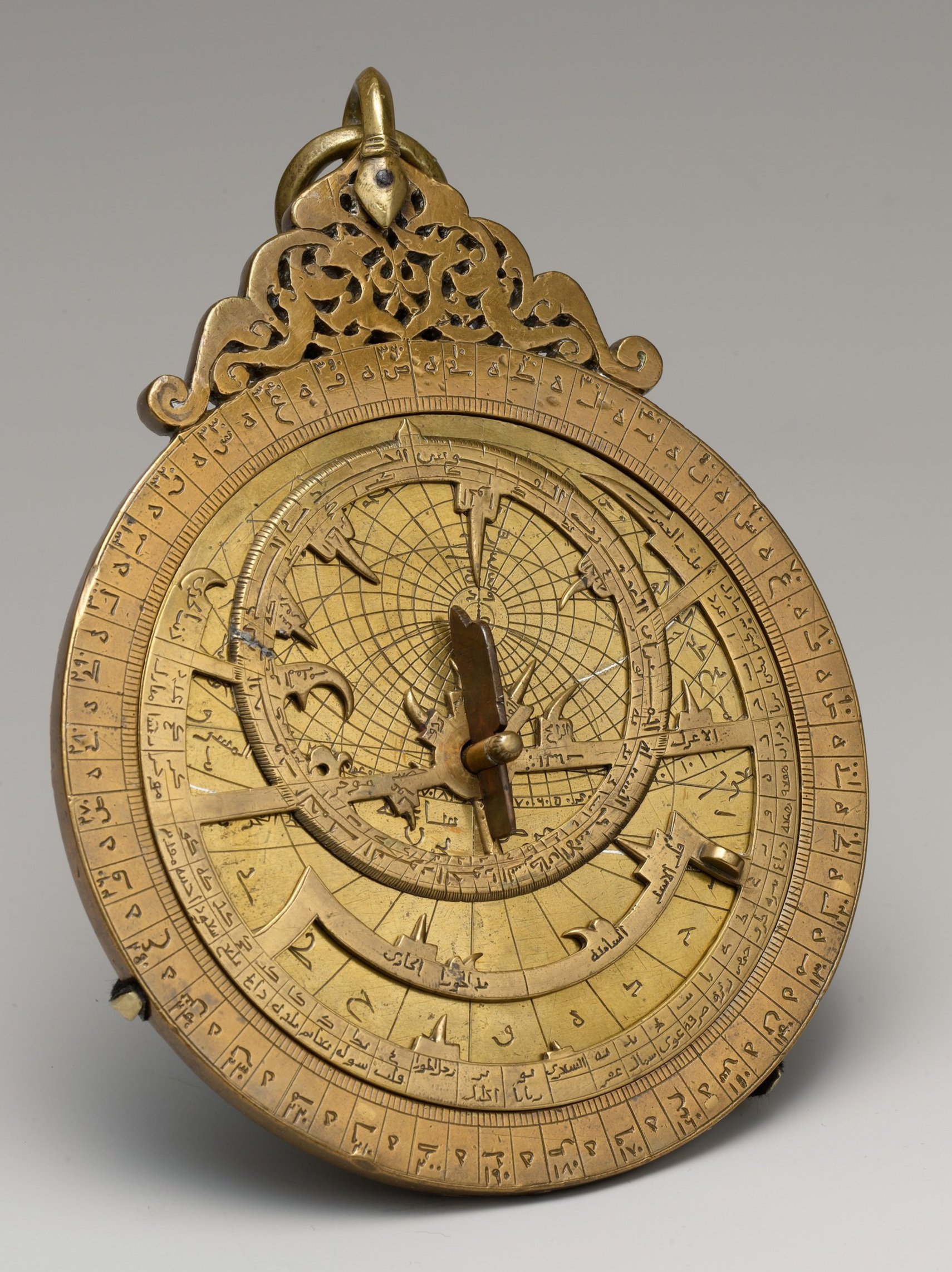
The So What
A public-facing, digital publication focusing on the ‘whys’ and ‘so whats’ of medieval studies and pedagogy.
Winner of The Council of Editors of Learned Journals (CELJ) 2025 Best Public Outreach Award
One of the hardest questions for academics to answer is why your argument, your writing, your interests matter. A question made harder still when your interests lie several centuries in the past. But, the Middle Ages continue to haunt our now, lingering in films and comics, beer names, the rise of the alt-right, and the search for the ever-elusive ‘holy grail’ of skincare. To explore that difficult “so what” question, the project asks why what medievalists do matters, what we can learn (for good or ill) from the Middle Ages, and why the study of what was remains so important for what is and for what can be. The definite article in our title signals our dedication to the ‘so what question,’ asking scholars and creatives to consider their work in a broader context for today’s public.
~~~
What does The So What (TSW) publish?
TSW pieces are peer-reviewed, open access works geared toward a broad audience. While our emphasis is on Arthurian material, we believe that more explicitly discussing the ‘so whats’ of medieval studies, including its connections to and appearances in more ‘modern’ and ‘contemporary’ culture is of great value to the field, to public discourse, and for promoting inquiry, equity, and justice. As such, we welcome proposals for pieces exploring the ‘so whats’ of medieval studies and medievalisms, as well as short, pedagogical and/or creative pieces.
Who can submit?
Both authors appearing in Arthuriana and those who do not have a forthcoming piece in the journal are welcome to submit to TSW. Types of submissions might include: short, accessible articles; detailed lesson or unit plans; annotated assignment sheets; and/or creative pieces in a variety of media, including audio/visual. The selection process will differ slightly, depending on whether the piece did or did not originate with an Arthuriana article (see our Submission Guide for more). Selection and editing will be anonymized, with review duties spread across members of our editorial team.
Reach out to us! Question? Comment? Correction? Please email our editors at thesowhatpub@gmail.com.
“I don't think things ought to be done because you are able to do them. I think they should be done because you ought to do them.”
- T.H. White, The Once and Future King
Editorial Team
Our Editorial Team is comprised of a sizeable group of established scholars, early career researchers (ECRs), contingent faculty, and independent scholars. All TSW submissions receive reports from two readers from our team, as well as proofs.
Editorial Team Rationale
Our team is large, allowing us to disperse duties, so that no one ends up overwhelmed. In addition, the mix of readers—including established scholars, ECRs, independent scholars, and contingent academics—provides a range of perspectives, as well as protected opportunities to and for those who are building careers and/or experiencing precarity.
Equity, Accessibility, Diversity, and Inclusion are deeply important to us; we welcome your feedback about ways we can improve or strengthen our efforts, particularly (though not exclusively) in those respects (you can contact us at thesowhatpub@gmail.com).
Editorial Team Members
Tarren Andrews, Amy Burge, Gabrielle M.W. Bychowski, Laura Chuhan Campbell, Seeta Chaganti, Brittany Claytor, Jonathan F. Correa-Reyes, Steffi Delcourt, Brenna Duperron, Nahir Otaño Gracia, Alison Gulley, Kevin Harty, Mairi Stirling Hill, Alex Kaufman, Tzu-Yu Liu, Sierra Lomuto, Molly Martin, Christy McCarter, Maud McInerney, Arielle C. McKee, Mariah Min, Ryan Naughton, Tory V. Pearman, Sara Petrosillo, Bradley Phillis, Christopher Queen, Logan Quigley, Robert Rouse, Sarah Salih, Richard Sévère, Margaret Sheble, Gale Sigal, Alexandra Sterling-Hellenbrand, Matthew Vernon, Usha Vishnuvajjala, Kevin Whetter, Adrian Whitacre, Clara Wild.
NB: to respect privacy, not all members are listed here, we are only providing the names of team members who wished to appear on our site.

Recent Issues & Articles
Shouting at the Air: Plague Medievalisms for the Covid Era in Netflix’s The Decameron
Countless novels, comics, shows, movies, and video games present fictional retellings of the Black Death. From cinematic masterpieces like Ingmar Bergman’s The Seventh Seal (1957) and haunting narrative games like Plague Tale: Innocence (2019), to Monty Python’s comedic ‘Bring out yer dead!‘ (1975) and Hollywood bottom feeders like Season of the Witch (2012), popular culture has returned again and again to stories of disease and suffering in the Middle Ages. Each of these works is not about the Middle Ages as such, but rather employs medievalism, a term from literary and historical criticism for the borrowing and reframing of medieval themes in modern genres, often with little concern for historical accuracy. The Black Death occurs in so many instances of medievalism that ‘plague medievalism,’ the study of how medieval plagues are represented today, deserves to be examined in its own right, understood through the lenses of cultural studies and the history of medicine.
Black Neomedievalisms in Late and Post-Covid Music Videos
The world of man was ending, rapidly, or so it seemed to me as I sat in my lonely New Jersey apartment in late Spring of 2020. Looking out at the skyline of the city I loved, I watched my friends flee, leaving their bohemian apartments empty. As body bags filled New York City streets, I thought back to another plague, technically centuries in the past, but now, not so far away. Facing Northeast, I imagined myself opposite a Londoner from the past, experiencing the first wave of the Black Death in 1348. One account of the arrival of the plague in London states, ‘[t]he pestilence, which first began in the land inhabited by the Saracens, grew so strong that. . . it visited every place in all the kingdoms stretching from that land northwards. . . striking down the greater part of the people with the blows of sudden death’ (my emphasis).[1] ‘Saracen’ was a bigoted, catch-all term used during the high to late Middle Ages for ‘a panorama of diverse peoples and populations [essentialized] into a single demographic entity defined by their adherence to the Islamic religion,’ as well as to refer to people of African origin.[2] Many European nations believed the lack of Christian faith amongst immigrant populations—‘Saracens’ and Jews—either caused the disease or led to a higher chance of death. This is uncomfortably similar to the anti-Asian conspiracies and anti-Black racism that were widely shared and championed throughout the COVID-19 pandemic.[3] This racism obscured the terrible truth that in 2020, Black Americans were more than twice as likely to die of COVID-19 than White Americans due in large part to systemic racism within healthcare. A recent study of the 1348 pandemic found that ‘at least for females, individuals with estimated African affiliation [living in London] faced higher hazards of dying of plague compared to individuals of estimated White European affiliations of similar ages.’ Thus, in more ways than one, the ills of the past were also the ills of the present.
Materials published in The So What can be distributed, remixed, adapted, and built upon for noncommercial purposes, so long as attribution is given to the creator.





